

In Bugs International, proprietor Georg Reitmaier has probably created the world’s largest feeder insect breeding facility.
At the 47 000 m² site in Türkheim in Germany, which houses a production and sales area of 11 000 m², around 3 mio crickets and 6.5 mio house crickets are bred daily.Ask Georg Reitmaier how it came about that a breeder of feeder insects for his own use became the proprietor of what is probably the world's largest breeding farm for feeder insects, and he'll give you a simple answer: "There was simply a need in the pet supplies trade for healthy, residue free insects." When he noticed that his own reptiles became ill repeatedly after eating feeder insects that he had bought, he decided to begin breeding them himself. Eventually the trade became aware of this, and the rapid rise of his company Bugs International began in 2005. "In six years we grew from a production area of 1 600 m² to 11 000 m²." In the course of this steady expansion of the company's premises, the uncompromising commitment to hygiene in the breeding operation and thus to the health of his insects has never been lost, says Reitmaier. "In our facilities we work in an atmosphere that is very low in germs, therefore." The effort that the company's 140 employees put into this becomes clear on a tour of the enormous halls.Regular inspection and cleaningTo minimise the risk of transfer of a germ or parasites to the breeding operation, the long rows of breeding boxes are all designed on a modular basis. This makes it possible to clean and disinfect each box as well as all aluminium and stainless steel parts individually in a washing line. The boxes are also cleaned out at least once a week. To guarantee that no germs remain in the boxes, samples are taken regularly from the containers and analysed. The sponges that serve as drinking troughs for the insects are treated with just as much care: they are changed daily and are cleaned and sterilised for 20 minutes at 90 degrees in industrial washing machines. "We could be accused of having the cleaning bug, but we can guarantee our customers deliveries that are safe," says Reitmaier, explaining the effort involved. Of course, this hygiene "addiction" doesn't stop there. The feeder insects themselves - crickets, house crickets and grasshoppers - are regularly examined in Munich and Landau for residues and nutrients. "Because we deliver live insects, their health is our top priority." To produce wheatgrass, the food for grasshoppers, as cleanly as possible, this is grown by Bugs International itself in the large halls. All foods given by Bugs International…
Related articles
Read also

 Menü
Menü

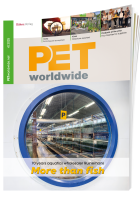




 2/2013
2/2013
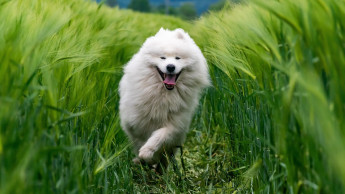
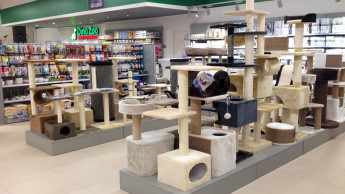
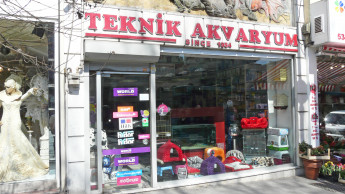

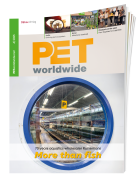
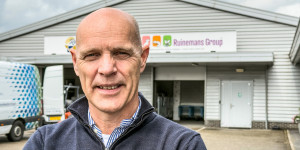
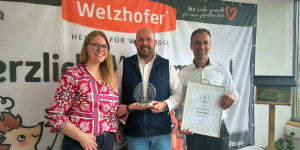


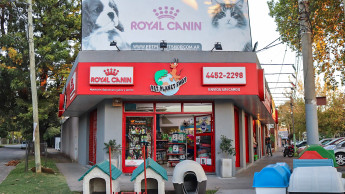
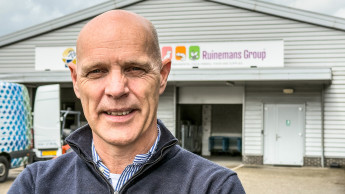
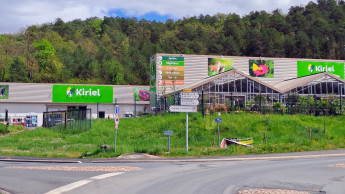
 Newsletter
Newsletter